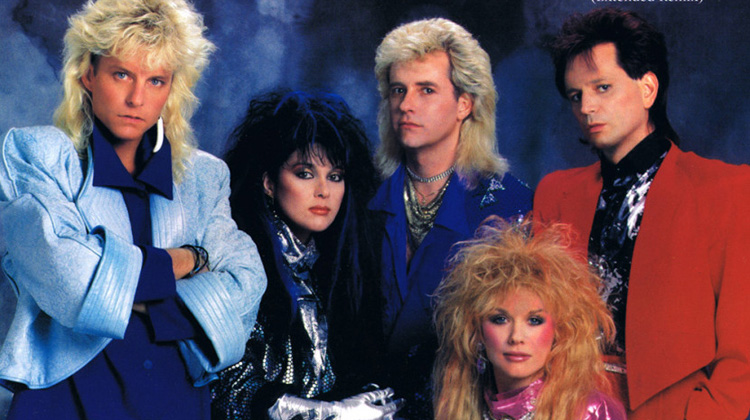They say all good things must come to an end.
Even though the oil industry is far from finished – and the term peak oil seems, at least for the time being, to have gone out of fashion due to fracking – I doubt many people would call it a sector with a bright outlook.
Serving as a perfect example of this is the Norwegian oil fund, one of the world’s largest funds, which manages the revenue from Norway’s oil and gas resources. Somewhat ironically, it announced a month ago that it would sell its oil and gas holdings. “It’s about lowering the risks”, Norway’s Minister of Finance explained.
This perceptual change is not only due to oil being a finite resource, but also of course its role in climate change.
So even though the USA has increased its oil production dramatically in recent years, and demand is high, the oil industry still feels somewhat like a losers’ club. I seriously doubt this stigma can ever be shaken off.
“This is not a development that is dreamed up in a rosy, rainbow-decorated NGO dream
This got me thinking; can we expect such a change of perception in the chemical sector? Chemicals per se could of course never go out of fashion – but toxic chemicals – I’d say that the answer to that is yes. It’s already happening.
Last summer, German chemical giant Bayer acquired Monsanto, the company behind the now infamous Roundup weedkiller. Bayer went ahead with the acquisition even though the WHO classified the active ingredient in Roundup, glyphosate, as a probable carcinogen back in 2015.
I expect the leadership at Bayer are experiencing some kind of extreme buyer’s remorse now, as Monsanto is facing over 8,000 legal cases following the widespread use of Roundup. All through the autumn and winter, Bayer’s stock price plummeted every time news emerged from the courtrooms – all in all it has dropped almost 40 percent in the last year.
In Europe, the European Chemical Agency (ECHA), didn’t find the scientific evidence strong enough to put a cancer warning label on glyphosate. But I’d say that doesn’t matter. Just like oil, the name glyphosate is tarnished with a losers’ image.
What kind of company would willingly choose to promote or use products based on glyphosate as the active ingredient after this – warning label or not? Which investor would take the risk to invest in it? Probably a couple, but they belong to a shrinking crowd.
“Fifteen years ago people would have laughed at the idea of a chemical producer phasing out substances of concern.
Nowadays no one is laughing”
This is not a development that is dreamed up in a rosy, rainbow-decorated NGO dream factory. If we put Bayer at one end of the chemical industry spectrum, then there are companies at the other end that see this perceptual change too.
Just a couple of weeks ago, Dutch chemical company DSM announced it will phase-out all chemicals of high concern from its coating resins.
This may not sound impressive to the uninitiated, but a message like this coming from inside the chemical industry – which wears a risk-based approach to hazardous chemicals like a badge of honour – is a major earthquake. It’s like Manchester United announcing it will quit playing football and start focusing on snooker.
Fifteen years ago people would have laughed at the idea of a chemical producer phasing out substances of concern. Nowadays no one is laughing. DSM already topped the Dow Jones Sustainability Index last year and I suspect they will continue doing so following this announcement.
I also noted with great interest that Marco Mensink, the director of the trade organisation Cefic, recently said in a keynote that “for the industry to thrive it has to stop complaining about regulatory burden and develop its own solutions, or we’re sitting ducks. With our ageing society, we won’t see any less pressure on chemical safety and health.”
Now there’s a man who sees the perceptual change too.
Even looking at the usual, ever-so-slow moving wheels of European chemicals policy it is obvious that something has happened.
Only in the last six months we’ve seen the Commission lose a lawsuit for granting authorisation to use toxic lead chromates, and four formal objections from the Parliament against authorisations to use the chemicals DEHP, sodium dichromate and chromium trioxide. All in all, I believe Europe’s chemicals policies are in for more drastic changes in the near future than most people realise.
For now, this understanding is more or less limited to specialists around the world. But when toxic chemicals reach the attention of the public, as we see in the case of Monsanto and glyphosate, investors take note.
Looking at the overall picture I see a pattern here: toxic chemicals are simply starting to go out fashion.

Anne-Sofie Bäckar
Executive Director





